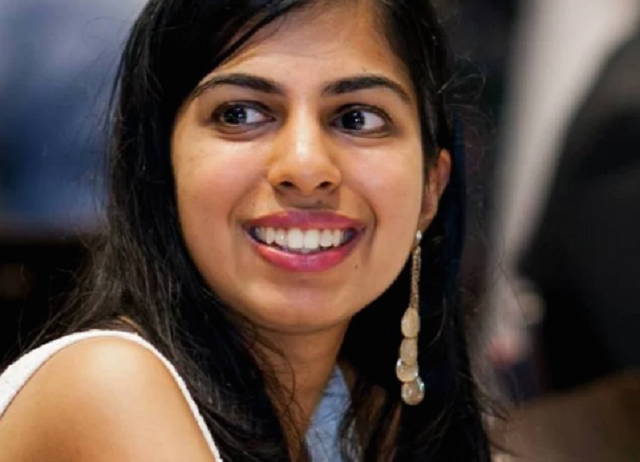She dropped out of law school and founded 3 startups. And she’s only 22
Lal embarked on her first venture when she was just 18

Lal embarked on her first venture when she was just 18. PHOTO: PAYAL LAL
Yale-NUS undergraduate Payal Lal is hoping to change this by allowing students to interact with each other while taking these courses. Lal and her team of three are now developing a plugin on MOOC websites for its learners to interact with each other.
Lal said the inspiration for this was her own experience. “I hate going for classes, but I love the peer community in school. I realised that people taking online courses did not have this peer support,” she said.
Corporate corner: Pakistani startups attract foreign investors
The plugin first started as an app, which she provided to three small-scale MOOC websites. Response was good – as opposed to the 2 per cent of e-learners who participate in discussion forums, 30 per cent of those who knew about the app used it.
But MOOC providers wanted something that could be integrated within their websites, which prompted Lal and her team to start developing a plugin. They are looking to charge their clients at US$1 per learner per month.
Starting out as an entrepreneur
Lal, 22, is an Indian national and a serial entrepreneur who embarked on her first venture when she was just 18, almost immediately after dropping out of law school at National Law University, Delhi, where she had spent about a month.
“Within four days, I knew that law wasn’t for me,” said Lal, who is now studying psychology. “I enrolled in law school just because I managed to get into a prestigious course. But I didn’t see where it was going. I wanted to do something huge and impactful. I needed something more creative.”
The telephone service she set up, Tutor Connect, matched students to private tutors in New Delhi.
She developed this within a week of her leaving university. The service went on to have 400 tutors in its database, but ceased operations after a year, as it was not scalable and could not be easily monetised.
Apple buys its first Indian startup
Her second venture
While operating Tutor Connect, she opened an online store selling sweatshirts with funny, sometimes offensive quotes printed on them. One of their more popular sweatshirts showed ‘They keep saying the right person will come along – I think mine got hit by a truck’.
Together with her best friend, Lal sold these sweatshirts through a Facebook page and hired people to wear and sell them in 20 colleges for a commission.
Starting with US$70 of their own savings, the girls earned US$1,500 within three months. But this money did not come easy.
“When we went to the manufacturers at the remote parts of Delhi, they would roll their eyes at us two young girls. I would call them three times a day to ensure they made our goods on time,” said Lal.
Completing her education
The business ended after six months when she moved to Singapore in 2013 to start university as part of Yale-NUS College’s pioneer batch of students. Lal, who will graduate next December, chose the college as it was a “startup university.”
She deliberately decided to study psychology instead of business, because she felt that psychology would help her to understand people better, an important skill when running a startup. Business skills, on the other hand, “you can easily learn online”, she said.
To round off her education, Lal took advantage of the college’s overseas programme to do a six-month internship with an e-commerce start-up in Tel Aviv, Israel, called eRated.
During her time there as a business and marketing intern, she had learned to be more assertive, especially as her colleagues were more opinionated and outspoken than what she was used to in Singapore or India.
“I got to work with some of the smartest people I’ve ever met,” she said. “When I first arrived, I wondered why everybody was arguing, but it turned out they were just talking.”
This billion-dollar startup may topple Gillette's razors
Lal’s “extreme dedication” impressed her mentor, educator and entrepreneur Steven Rudolph, who first met Lal when she had just decided to leave law school. “Taking such a step was very rare, especially for a young woman in India,” said Rudolph.
“What amazes me is Payal’s ability to question. I’ve also been impressed with her willingness to stick close to the customer and persevere under any conditions. These are practices that almost all entrepreneurs know are required for making things work, yet few manage to do so adequately.”
Lal is now determined to make her latest venture a success. “I’m now focused on making sure the MOOC plugin is sustainable. Sometimes I tell myself I’m going to rest today, but I’ll end up working on my startup. It’s like I’m addicted to it!”
She believes her experience in her previous startups will stand her in good stead. “Failing is all part of creating a startup,” she said, “I’ve learned to be lean, keep things simple and to listen to our users.”
This article originally appeared on Tech in Asia.


















COMMENTS
Comments are moderated and generally will be posted if they are on-topic and not abusive.
For more information, please see our Comments FAQ